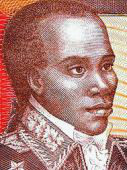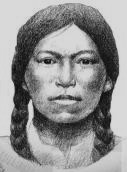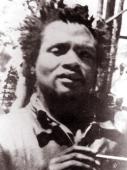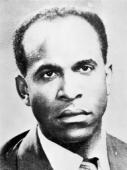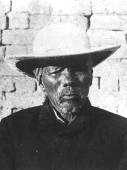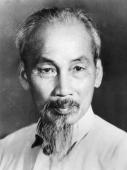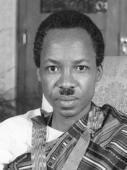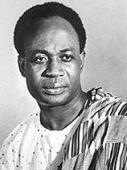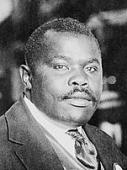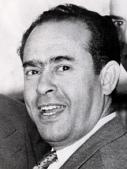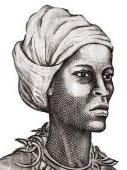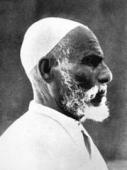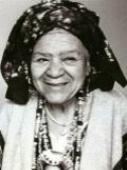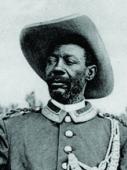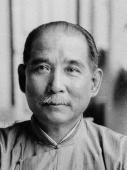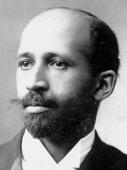The twenty-fifth inter-sessional meeting of the heads of government of the Caribbean Community (CARICOM) was held in Buccament, Saint Vincent and The Grenadines, from 10-11 March 2014 with the attendance of a dozen delegations. During the meeting the participants examined the progress of the efforts in favor of reparations for the genocide of the native people and slavery at the national and regional level.
Today eight member States already formed their "national reparations commissions" and other states are about to do it. The "regional reparations commission" that is made up of the chairmen of the national Commissions, then submitted the draft of the "Caribbean Reparatory Justice Programme" that was accepted as the basis for further actions about reparations.
The "Caribbean Reparatory Justice Programme" recognizes the role and status of the European governments in this regard, as legal entities that set out the framework for the development and support to these crimes against humanity. Therefore it invites the former colonizers to participate in order to prepare the victims for full admission with dignity into the citizenry of the global community sketching a path of reconciliation, truth and justice for the victims and their descendants in ten points: full formal apology, repatriation, indigenous peoples development program, cultural institutions, public health crisis, illiteracy eradication, African knowledge program, psychological rehabilitation, technology transfer and debt cancellation.
The summit participants then expressed their support for the convening in London in the coming months of a conference of the Caribbean and European leaders, that would provide the opportunity for a detailed debate over reparatory justice
Colonialism Reparation supports the request of the members of the Caribbean Community (CARICOM) for reparations for the genocide of the native people and the slavery and calls on the former colonizers (United Kingdom, France, Spain, Portugal, Netherlands, Norway, Sweden and Denmark) to immediately apologize and pay reparations for the colonial period without being forced to appear before a court.

